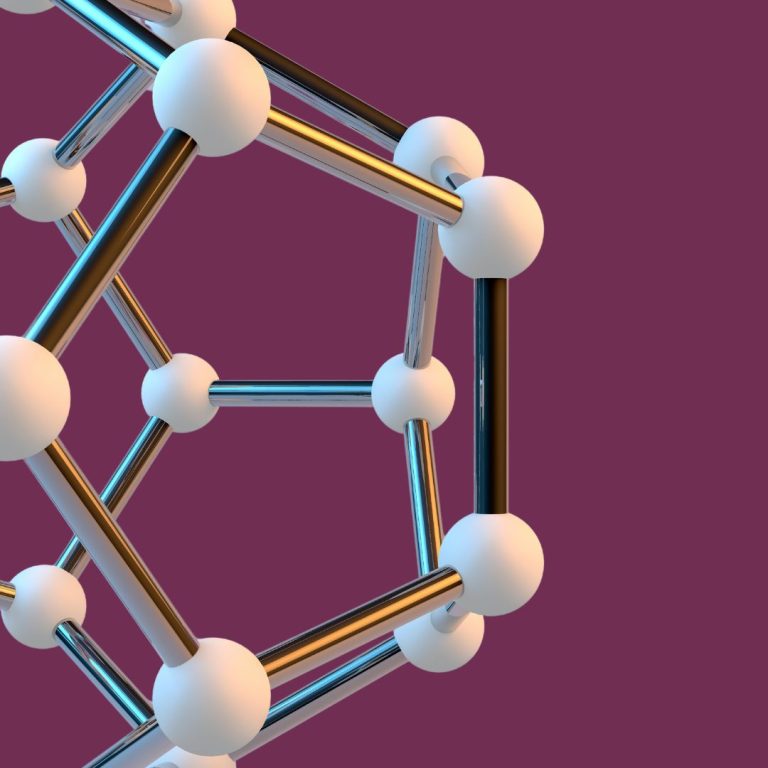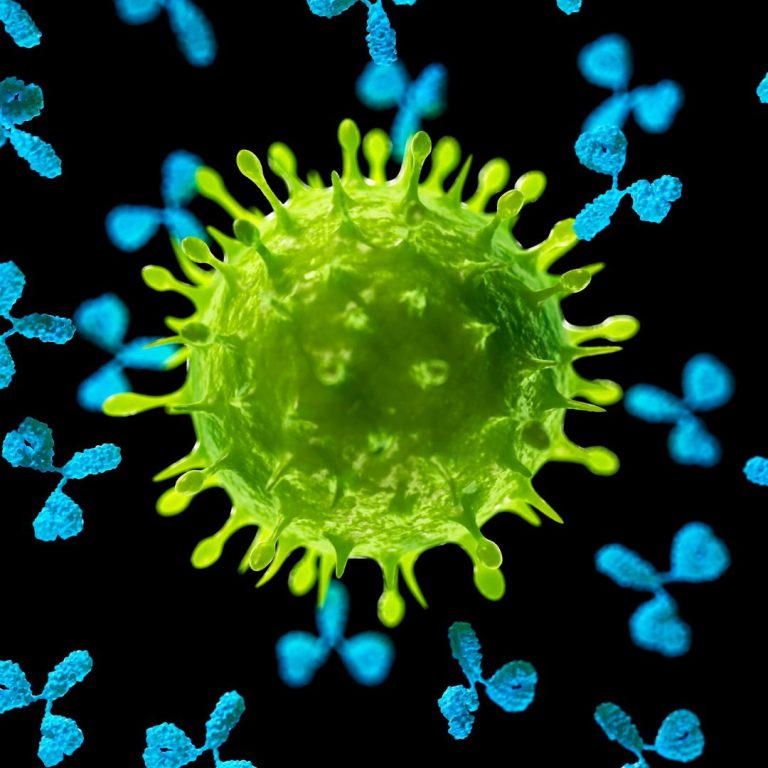Psoriasis is an autoimmune condition that impacts over 125 million people worldwide*. It goes deeper than just red, itchy patches. A hyperactive immune system disrupts the natural life cycle of skin cells, causing rapid multiplication and the formation of red, inflamed patches on the surface. While commonly seen on elbows, knees, and the scalp, psoriasis extends beyond the skin’s surface, affecting multiple organs. This chronic condition is not merely cosmetic; nearly one in three psoriasis patients eventually develop psoriatic arthritis—a debilitating and painful joint condition **. The physical impact is undeniable, but the emotional toll can be equally significant.

Although the exact cause of psoriasis remains elusive, research points to a complex interplay of immune system, environmental, and genetic factors ***. Conventional therapies focus on symptom management and relief, but they often fall short in addressing the root causes. Many patients seek holistic solutions. Recent studies emphasize stress management, gut health, and the skin microbiome as potential keys to managing psoriasis ****,*****. However, widespread adoption of these approaches is still in its early stages. Alera Med offers a different approach — an integrative and individualized strategy that targets psoriasis at its core.

In psoriasis, what works for one person may not work for another. Personalized medicine plays a crucial role. Enter Proteome Therapy — a groundbreaking approach at Alera. We combine customized molecular therapy with integrative care.

Starting with a blood sample, an advanced proteome test provides insights into each patient’s unique molecular fingerprint. This analysis reveals underlying imbalances in the cellular ecosystem that contribute to psoriasis development. Our team tailors a therapy plan, incorporating custom-made oral capsules and serum injections. Dietary adjustments, stress management, and molecular rebalancing aim to restore the body’s cellular equilibrium. Alera Med stands out for its commitment to personalized molecular medicine and comprehensive support. Remember, knowledge empowers us all. Share this post to raise awareness about proteome therapy for psoriasis! 💙🌟

While psoriasis can be a challenging condition, there’s reason for optimism. Proteome Therapy, a pioneering approach, offers personalized solutions that go beyond symptom management. By decoding each patient’s unique molecular profile, Alera Med aims to restore cellular balance and provide hope for those affected by psoriasis. Let’s spread awareness and empower patients with knowledge about this groundbreaking therapy! References: 1. https://ifpa-pso.com/ 2. Mease PJ, Gladman DD, Papp KA, et al. Prevalence of rheumatologist-diagnosed psoriatic arthritis in patients with psoriasis in European/North American dermatology clinics. Journal of the American Academy of Dermatology. 2013;69(5):729-735. 3. Kamiya K, Kishimoto M, Sugai J, Komine M, Ohtsuki M. Risk Factors for the Development of Psoriasis. Int J Mol Sci. 2019 Sep 5;20(18):4347. doi: 10.3390/ijms20184347. PMID: 31491865; PMCID: PMC6769762. 4. Chen L, Li J, Zhu W, Kuang Y, Liu T, Zhang W, Chen X, Peng C. Skin and Gut Microbiome in Psoriasis: Gaining Insight Into the Pathophysiology of It and Finding Novel Therapeutic Strategies. Front Microbiol. 2020 Dec 15;11:589726. doi: 10.3389/fmicb.2020.589726. PMID: 33384669; PMCID: PMC7769758. 5. Rousset L, Halioua B. Stress and psoriasis. Int J Dermatol. 2018 Oct;57(10):1165-1172. doi: 10.1111/ijd.14032. Epub 2018 May 4. PMID: 29729012.

Rewrite your health story
Alera Med
A brand of Immunyo Limited
160 Collins Avenue East
Dublin 5, D05 E622
Dublin, Ireland
Speak to an expert